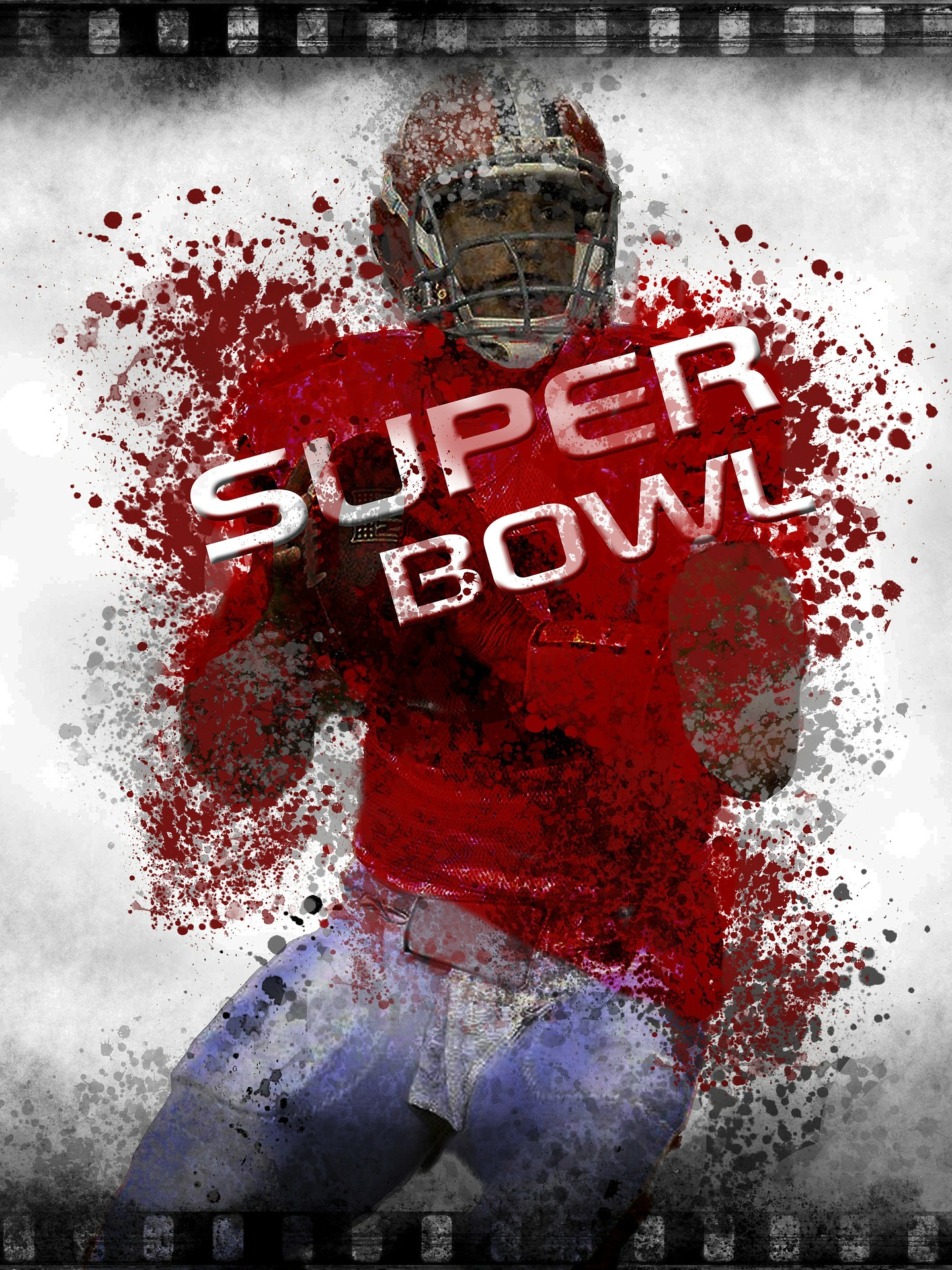Don’t let super emotions get in the way when it comes to Super Bowl social media
Whether it’s diehard football fans in general, hometown fans of the two teams involved or just people that get emotionally invested in sports, the combination of the Super Bowl mixed with social media can lead to some rough emotions.
The Super Bowl is one of the biggest sporting events of the year. Fans love it, and they express a variety of emotions depending on the outcome of the game. Sometimes it’s excitement, but sometimes it’s anger or frustration. Those translate to what fans post on social media, too.
Ryan Martin, a professor of psychology at the University of Wisconsin-Green Bay, referred to the phenomenon Basking In Reflected Glory when talking about the degree that people identify with their teams when they’re successful. Martin is a nationally-known anger researcher who’s focused on healthy and unhealthy expressions of anger, including online.
An example of Basking In Reflected Glory could be things like saying “we played really well today” when someone talks about his or her favorite team.
“It’s because they see themselves as being a member of the team,” Martin said.
The other side of the coin is when a team loses, people do the opposite: Cut Off Reflected Failure. The language changes from “we” to “they” when people discuss their favorite team that just lost. This happens with sports in general, but it’s much more heightened for an event with such prestige as the Super Bowl.
Once people identify with the team like that, the team’s successes become a person’s successes – and the same goes for failures.
With social media, it exposes people to more material about the team, so there’s more to respond to, according to Martin, and more emotions to unpack. For example, the Philadelphia Eagles beat the Minnesota Vikings in the 2018 NFC Championship game.
“I’m actually a pretty significant Vikings fan,” Martin said. “And so obviously two weeks ago they did poorly and disappointed me.
“You can hear the Cutting Off Reflected Failure in my voice there.”
Martin lives in Green Bay, home of the Vikings’ biggest rival Green Bay Packers. Most of his friends, diehard Packers fans, posted jokes about the Vikings all over Facebook after the loss to the Eagles. Without social media, Martin would have just watched the game at home and that would be that. Instead, there’s exposure to all the mocking on social media.
There’s just a lot more going on and more to respond to with the Super Bowl and social media. It’s “opportunities to feel,” Martin said.
“It also provides another mechanism for sharing… another venue for you to express your emotions,” Martin said.
If he wanted to Tweet the Vikings to show his anger at their play, or fight back online against all the people who made jokes, he could have done that via social media. People also aren’t always the best at controlling their impulses, especially online.
“People post things online that they would never say to someone’s face,” Martin said. “That they would never be willing to communicate in other venues.”
There are four things Martin suggests that people keep in mind when it comes to some positive or best practices involving their emotional reactions to the Super Bowl, or sports in general, on social media. Martin also recognizes that some of these may be “easier said than done.”
- Keep it in perspective. Just remember the game’s purpose instead of how people tend to elevate its status. “We have a tendency to elevate the meaning of these games way beyond what they actually mean in our lives,” Martin said. It can be difficult, but try to remember the implications when things within the game don’t go a certain way.
- Be aware of yourself and how you’re feeling. Don’t be afraid to embrace some relaxation, if you can. Sports can bring about some tension when fans watch. They elevate the heart rate, making anger or other emotions much more intense. Notice when those feelings come up, then try to counter them with some relaxation techniques like deep breathing or counting to 10. Those can be helpful in the moment.
- Limit the banter – especially the pre-game banter. What starts out as friendly banter with others on social media can quickly turn into unfriendly banter once the emotions start rising. “I think it’s important to try not to dish out more than you can take,” Martin said. Dishing out a lot in advance of the game can bring up more confrontations later, as people open up themselves for attack. The “excessive smack talk” will eventually come around to bite you.
- Martin realizes this is probably something people won’t do but can be important to consider. If you know you have trouble controlling yourself, get angry and are prone to arguments, then “maybe you decide to discontinue watching sports… if it’s bad for you,” Martin said.
Martin has actually tried out the avoidance tactic with another aspect of his life: Watching horror movies. He used to love watching them, but after a while realized they kept him up late at night, scared him and basically provided a negative influence on him.
“So I decided I just don’t want to invite those into my life anymore,” Martin said. “We can make choices like that, and they can end up being really healthy choices, even if they seem sort of extreme.”
There’s not really a specific point when social media banter goes from friendly-rivalry to negative environment. During the pre-game or if a fan’s team is winning, he or she will see one line in place with the friendly exchanges on Twitter, for example. Once the game shifts for their favorite team, then comments that were friendly before appear more hurtful.
Still, rivalries, like with the Vikings and Packers, are mostly friendly rather than unfriendly, according to Martin.
“I think that line moves depending on your mood,” Martin said.
Take that NFC championship game between the Vikings and Eagles as an example of some negative pushback on social media (and in person) for fans. Some aggressive and hostile behavior from Eagles fans was well-documented on social media, especially from Vikings. That’s a scenario that might continue to play out in real life and on social platforms when Eagles fans arrived in Minneapolis for the Super Bowl.
On the other hand, there are plenty of positive things to come out of social media when it comes to games. There are plenty of ways to connect with fellow fans, favorite players or journalists surrounding the Super Bowl. Social media provides a chance to see the game differently, from the perspective of other fans. Engagement plays a huge role in this as well.
“To me, the fun is being able to congratulate teams or players in that environment or connect with other fans,” Martin said. “That’s the upside, but I think people have to make the conscious choice that’s how they want to use it.”
If nothing else, embrace the golden rule when it comes to the Super Bowl and posting on social media. That means being free to celebrate what goes well but not necessarily criticizing when things take a turn down the negative slide for a favorite team on the field.
Martin also said he enjoys seeing the celebrations of fans after their team wins.
“I think those are fun to watch,” Martin said.
If you liked this post, you can check out other pieces by the author here: How Social Media has Changed the World of Sports Journalism and Super Bowl 2018 and Your Social Media: Pre-Game to Post Game (white paper)
Author: Heather Rule

Find Heather online: Check out her website: heatherrule.com Read her sports blog: thoughtsfromthestands.blogspot.com Follow her on Twitter: @hlrule Like her Facebook page: https://www.facebook.com/heatherrule86 Follow her on Instagram: instagram.com/hlrule Follow her on Pinterest: www.pinterest.com/heatherrule86/ Connect with her on LinkedIn: www.linkedin.com/hlrule


0 Comments
Trackbacks/Pingbacks